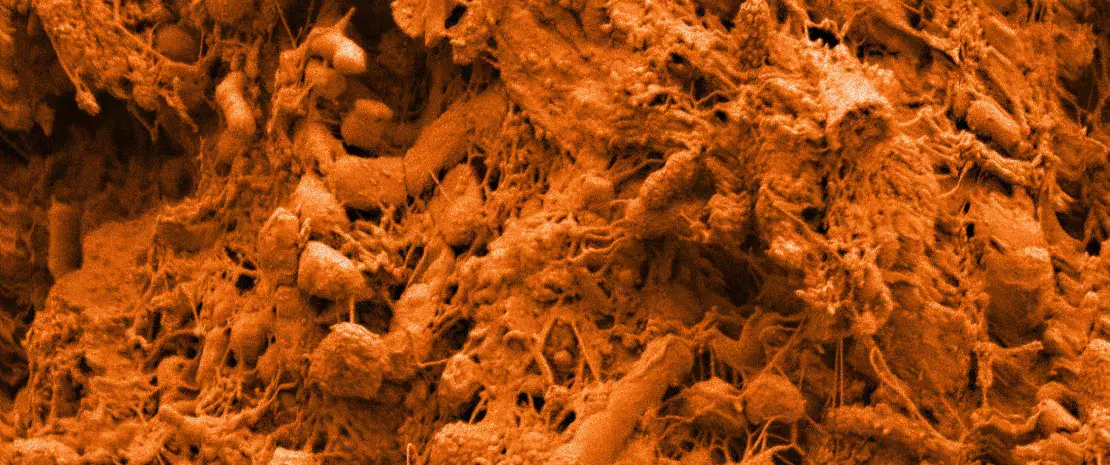Gut microbiota not yet considered “adult” at 5 years old?
A Swedish study has shown that at 5 years the gut microbiota is nearing adult complexity but without yet reaching maturity. The study’s insights on the dynamics of gut microbiota colonization underline the importance of protecting this ecosystem from disturbances throughout childhood.
Lay public section
Find here your dedicated section
Sources
This article is based on scientific information

About this article
Colonization of the gut microbiota begins at birth through contact with the microorganisms in the mother’s vaginal flora (in the case of vaginal delivery) or microbes on the mother’s skin and in the environment (in the case of caesarean section). According to various studies, it then evolves steadily towards a stable adult-like composition 2-3 years after birth. But has the gut microbiota really reached maturity at this stage? A team of Swedish researchers studied the dynamics of the gut microbiota’s development during the first 5 years of life in a birth cohort of 471 infants (302 born vaginally, 169 via C-section). The infants’ gut microbiota was profiled via the 16S rRNA gene sequencing of fecal samples collected during their first week of life, at 4 and 12 months, and at 3 and 5 years. It was then compared to that of the infants’ mothers and that of healthy adults. The main finding was that the alpha diversity (of species) in the children’s stool, which indicates the richness of their gut microbiota, was still lower than that of adults at 5 years of age.
Maturation in stages throughout childhood
By measuring the prevalence and proportion of the main taxa at each age studied, the authors were able to observe that the gut microbiota developed at different speeds in different children but along relatively similar trajectories. Gut microbiota composition changes the most between 4 and 12 months, at the time of food diversification. There is major colonization by Ruminococcus gnavus, whose relative abundance decreases progressively from 12 months. Archaea such as Methanobrevibacter and bacteria belonging to the Christensenellaceae family, typical of the adult gut microbiome, appear first at 12 months and continue to increase in abundance between the ages of 3 and 5. This dynamic seems essential to the maturation of the gut microbiota: the more diversified the child’s gut microbiota, the more abundant these late colonizers and the lower the proportion of R. gnavus. Both low gut microbiota richness and high proportions of R. gnavus have been repeatedly linked by studies to illnesses such as metabolic syndrome, cardiovascular disease, and inflammatory bowel disease, while an increased abundance of Methanobrevibacter and Christensenella, among others, has been linked to metabolic health and a lower body mass index.
A balance to be protected from disturbances
This study was widely reported in the press and although the authors have not made any recommendations at this stage, they emphasize that the gut microbiota is likely to be extremely sensitive to disturbances during its development, with such disturbances having profound effects on health. However, some of their findings on the impact of early factors on the development of the gut microbiota are surprising. For example, antibiotic use during pregnancy or in the infant’s first year of life does not affect gut microbiota diversity over time. Moreover, mode of birth seems to play a limited role: gut microbiota diversity in children born by C-section is certainly lower at 4 months than in children born vaginally, but this normalizes by the age of 3. Therefore, we should ensure optimal development of the gut microbiota at very least beyond the age of 5 to give children every chance of a healthy future.



